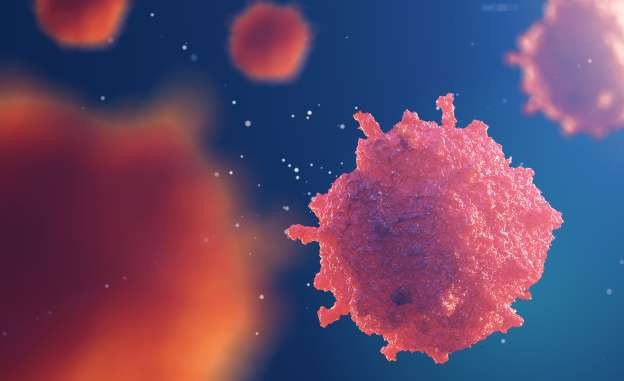New drug may prevent cancer from spreading
Scientists have discovered a compound that can “freeze” cancer cells in their tracks and stop them from spreading, potentially making them easier to kill, according to research published in the journal Nature Communications.

While treatment requires destroying cancer cells, preventing their spread throughout the body – a process known as metastasis – is equally important.
However, most current cancer therapies are designed simply to kill cells, according to Raymond Bergan, a professor of medicine at Oregon Health & Science University (OHSU), who led the study.
The lack of treatments designed to stop cancer from moving is a problem that researchers at OHSU – in collaboration with colleagues from Northwestern University, the University of Chicago, the University of Washington and Xiamen University in China – are trying to address.
“For the vast majority of cancers — breast, prostate, lung, colon and others — if it's caught early when it's a small tumor in that organ and hasn't spread, you'll survive,” Bergan said in. “But generally, if it's caught late, after it's spread throughout the body, the patient will die.”
"Movement is the key: the difference is black and white, night and day. If cancer cells spread throughout your body, they will take your life. We can treat them, but they will take your life."
Since 2011, researchers have been trying to develop a drug that controls cancer metastasis. In experiments, they identified a particular compound - called KBU2046 - that inhibits the migration of cells from four different types of cancer (breast, colon, lung, prostate).
The compound works by binding to specific proteins that clear cells. By binding to these proteins, it inhibits their mobility without causing any side effects – an unusual mechanism that scientists have spent years trying to understand.
The ultimate goal of the research is to develop a therapy that could be given to patients in the early stages of the disease to prevent the cancer from metastasizing, when it becomes much more difficult to treat.
“Our ultimate goal is to be able to say to a woman with breast cancer: here, take this pill and the cancer won't spread throughout your body,” Bergan said. “The same goes for patients with prostate, lung, and colon cancer.”
So far, the compound has only been tested on cultured human cells, so an approved drug based on it is still a long way off. The team is currently fundraising to fund further research and has formed a company, Third Coast Therapeutics, to help realize their vision.
